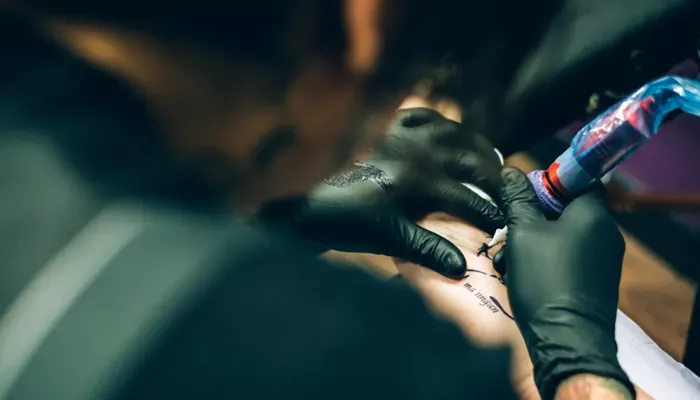Tennessee is taking steps to combat human trafficking through a bill known as “The Ink of Hope Act,” which proposes adding mandatory anti-human trafficking training for tattoo artists. The bill, filed by Dickson state representative Mary Littleton, mandates that anyone applying for a tattoo operator license in the state complete a one-hour course focused on recognizing and stopping human trafficking. This course will be offered by an approved nonprofit agency and will be free of charge to applicants.
Tattoo operators who are renewing their licenses will have until Dec. 31, 2028, to complete the training, according to the bill’s text. If they fail to meet this requirement by that date, their license will be invalidated until they complete the course. If passed, the law is set to go into effect on Jan. 1, 2026.
Chanel Salisbury, the owner of Sassybury Tattoos in Brentwood, supports the initiative, calling it an important step for the industry. She expressed her belief that tattoo artists not only work with art but also with people, making it crucial for them to be equipped to recognize potential signs of trafficking and create a safe environment for clients.
Under current Tennessee law, aspiring tattoo artists must undergo a one-year apprenticeship with a licensed artist who has maintained compliance for at least three years. Salisbury praised the inclusion of a one-hour training course, noting that even though it’s not a large time commitment, it could make a significant impact. “We have to stay up to date on health and safety standards, and this one extra hour to help stop human trafficking is something I’m happy to take,” she said.
Salisbury, who moved to Tennessee from California, has been personally involved in the fight against human trafficking, a cause that resonates deeply with her. She first learned about the issue through a client and has since organized an annual awareness event at her Brentwood shop. During this event, which will be held on Sunday, Jan. 26, she offers “flash” tattoos, with all proceeds going to nonprofits like Polaris Project and Thistle Farms, organizations that provide support and services to victims of trafficking.
The bill is a step toward broader efforts to raise awareness and combat human trafficking, and the tattoo industry’s involvement could play a critical role in identifying and helping vulnerable individuals.
Related topics:

